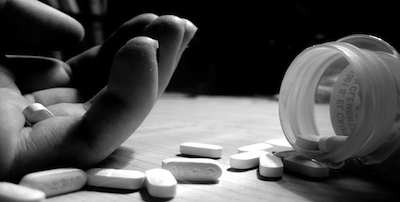Is suicide an expected event?
Chantix was approved by the FDA on 11 May 2006. A study published by Thomas Moore and his colleagues at the non-profit Institute for Safe Medication Practices found that by the fourth quarter of 2007, Chantix surpassed all other drugs for serious events reported to the FDA, including but not limited to hostility, aggression, paranoia, hallucinations, psychosis, heart arrhythmias, heart attacks, visual disturbances, seizures, falls, traffic accidents, homicidal ideation, suicidal ideation, and suicide attempts, along with 28 actual suicides.- Wednesday, December 9, 2015






